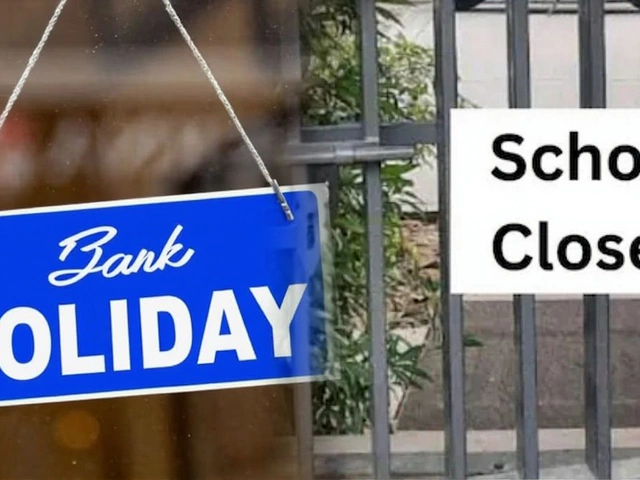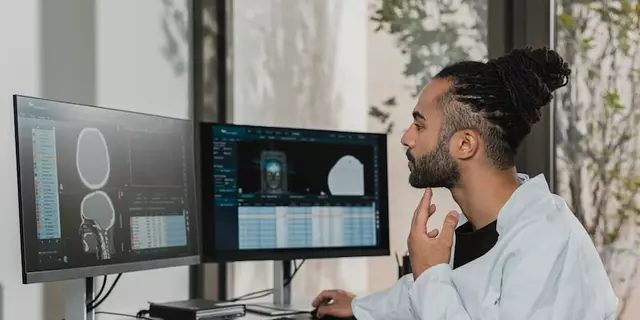February 2023 archive — what we tracked on India COVID Updates
February 2023 was a quiet month compared with the peaks of 2020–2022, and our coverage reflected that shift. We focused less on daily case spikes and more on keeping readers informed about lingering risks, vaccine guidance, and how to prepare for small local surges. This archive page pulls together the main themes and the practical takeaways published that month.
What we tracked in February 2023
Case counts in many states were low and stable, which meant public health attention moved toward surveillance and early detection. Health authorities kept monitoring new Omicron subvariants and local clusters rather than large nationwide waves. Reports emphasized wastewater surveillance and genomic sequencing as early warning tools.
Vaccination updates dominated practical advice: boosters for older adults and high-risk groups were recommended in several regions, while primary-series vaccinations continued for younger age groups where needed. Campaigns targeted gaps in rural areas and encouraged people who missed doses to catch up. Public messaging stressed that vaccines still reduce severe illness, even if breakthrough infections happen.
Guidance on masks and gatherings shifted to a risk-based approach. Instead of blanket mandates, officials advised mask use in crowded indoor settings, in hospitals, and around people with weak immune systems. Schools and workplaces were given practical steps for managing a single case without needing full closures.
Actionable advice from that month
If you missed our posts in February, here’s the short, practical version: keep your vaccination status up to date, test if you have symptoms or a known exposure, and mask when you’re around vulnerable people or in crowded indoor spaces. Carry at-home rapid tests if you can, and use them early when symptoms appear — that helps protect family and co-workers.
For households with older adults or those with chronic conditions, prepare a simple plan: know where to get local testing, keep a list of nearby hospitals, and have emergency numbers handy. If a member tests positive, isolate them in one room if possible, improve ventilation, and monitor oxygen levels if advised by a doctor. Seek care promptly for breathing problems or persistent high fever.
Travel guidance in February emphasized common-sense steps: avoid crowded transport when feeling unwell, mask in busy terminals, and check local requirements before journeys. Employers and schools were encouraged to support sick leave and flexible attendance to reduce the chance of spread.
Even when cases are low, the main message remains simple: vaccines, quick testing when needed, and sensible masking protect the most vulnerable. Use this archive as a snapshot of February 2023 — practical, focused updates aimed at keeping you and your community safer without overreaction.
Is U.S. healthcare insurance really that bad?
Posted by Finnegan Beckett On 8 Feb, 2023 Comments (0)

The U.S. has long been criticized for its health care system, but the reality is that it is one of the most advanced in the world. However, the high cost of health care insurance makes it unaffordable for many Americans. The uninsured rate is still too high, and in some cases, even those who have insurance struggle to pay for the care they need. The lack of universal access to health care has led to wide disparities in health outcomes, with some populations faring worse than others. There are signs that the healthcare system is improving, but more needs to be done to make sure that everyone in the U.S. has access to quality, affordable care.




